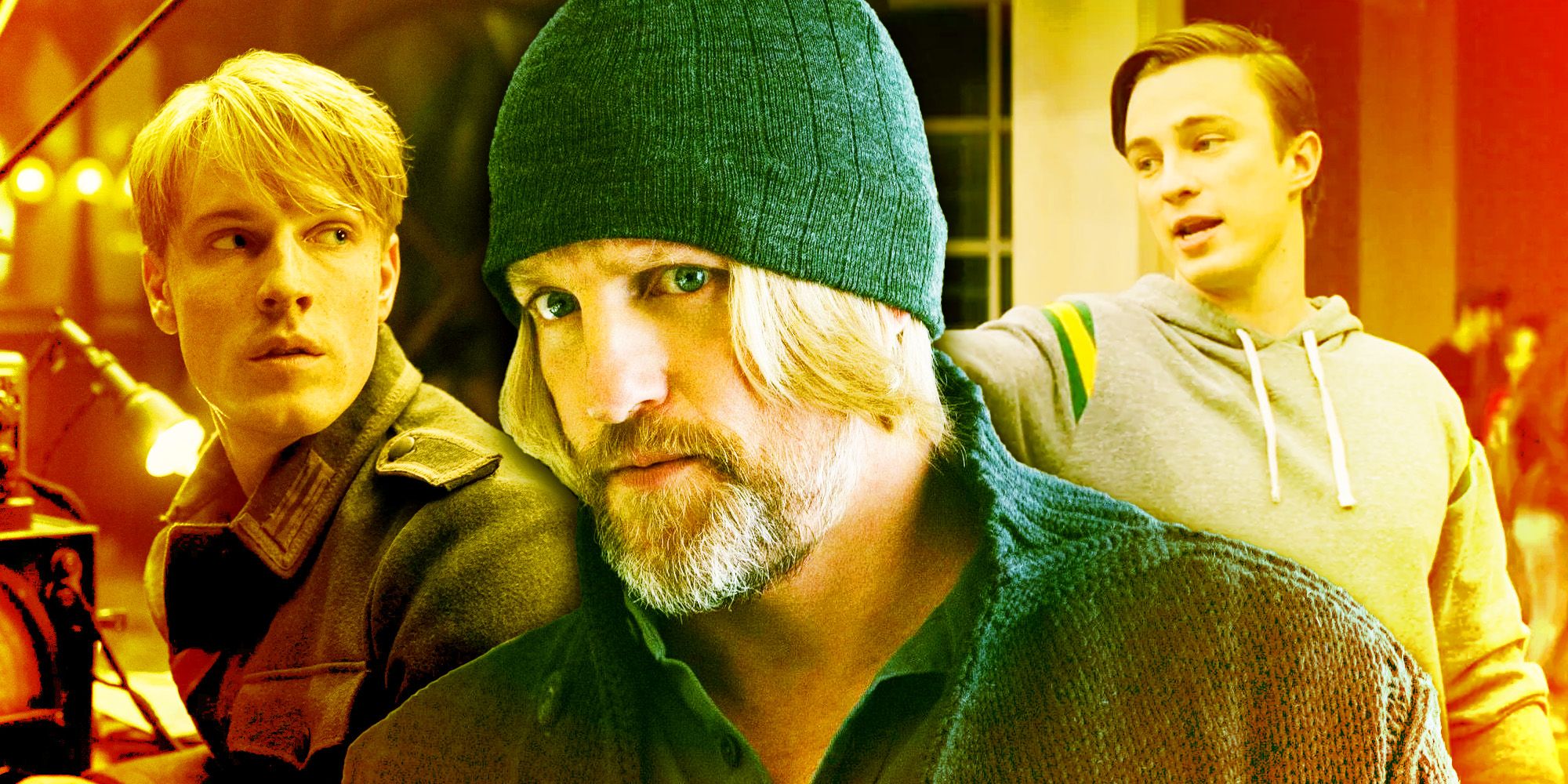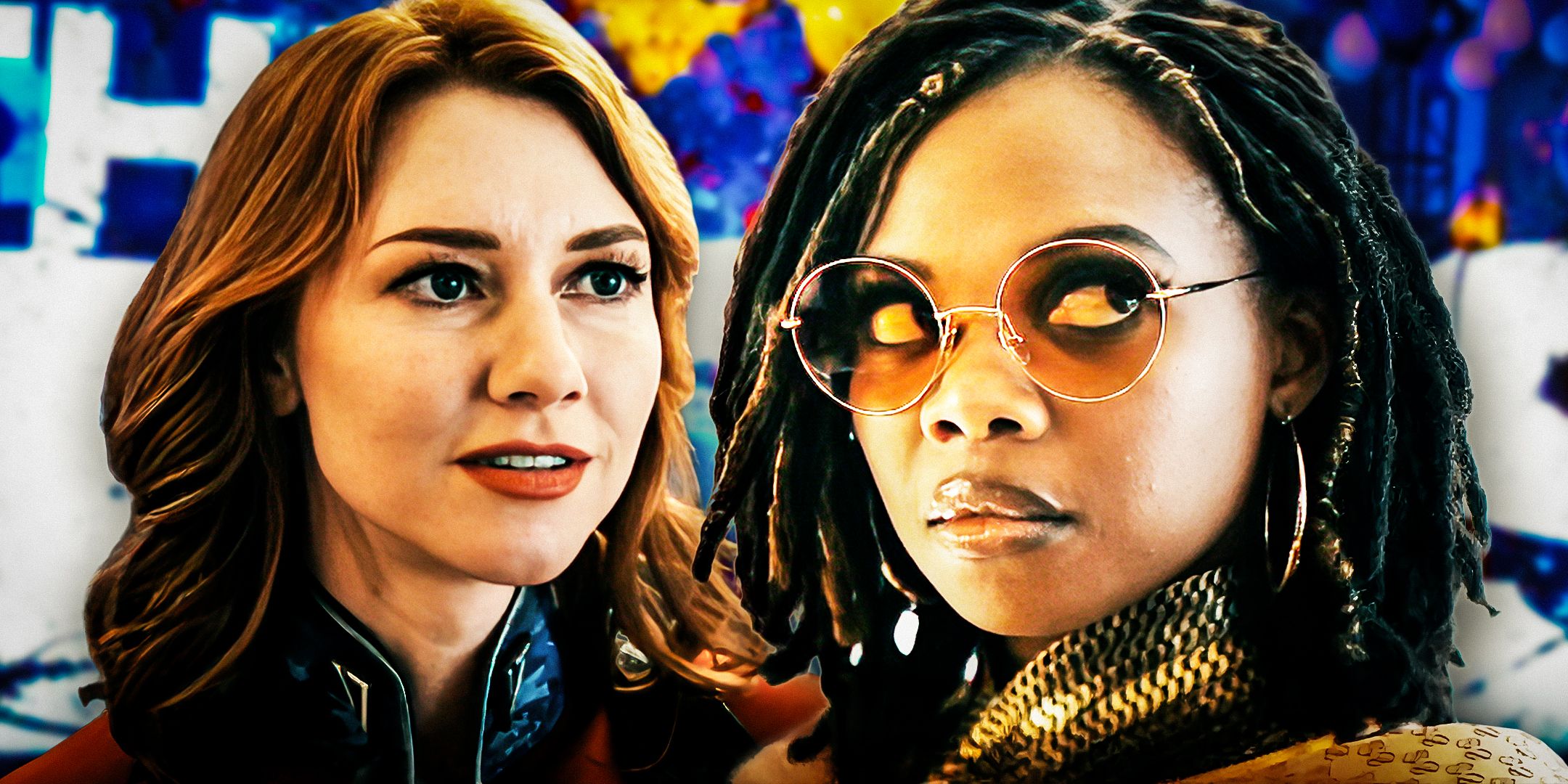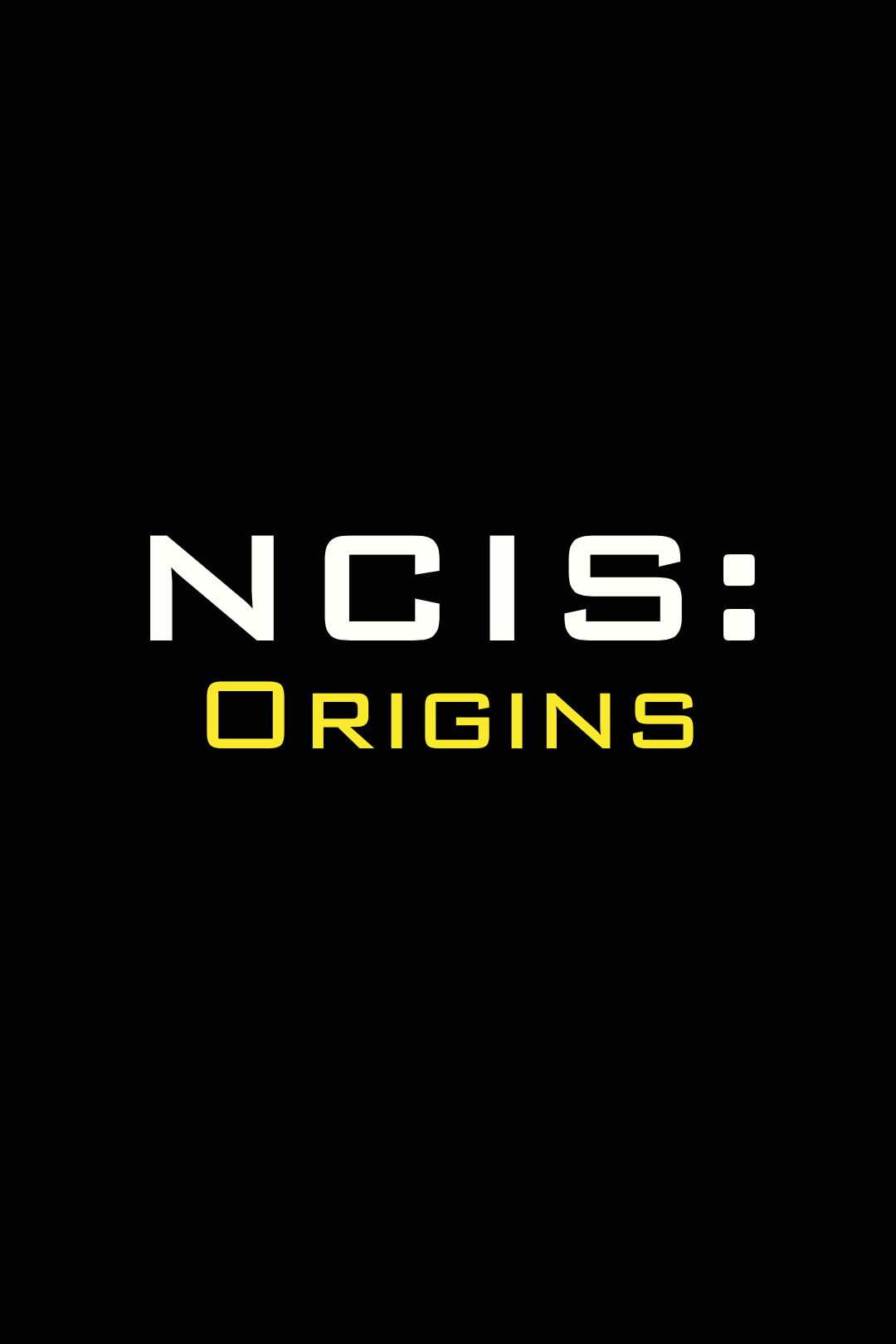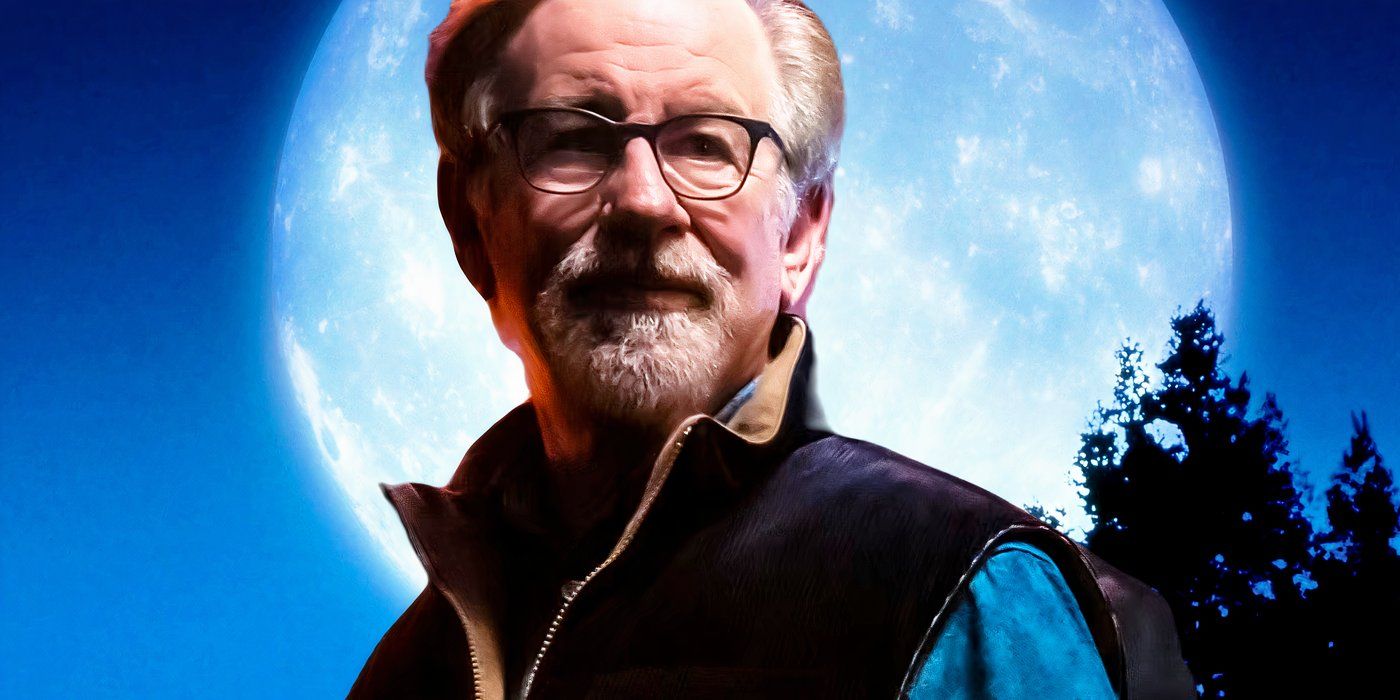Marvel Studios is facing multiple issues in securing a release date for Shang-Chi and the Legend of the Ten Rings in China. Some of these problems relate to the history of the character and his ties to racist stereotypes about Chinese people in Western culture. Other problems are tied to other upcoming Marvel Studios movie productions and comments by creators that are viewed unfavorably by the Chinese government.
The character of Shang-Chi first appeared in 1973 and was created to capitalize upon the growing popularity of martial arts movies in the United States. The early Shang-Chi comics were based around the worst clichés of the genre and the artwork depicted its main character with bright gold skin. Thankfully, later stories made the character less stereotypical and the artwork improved considerably. Nevertheless, many still see Shang-Chi as a symbol of the American exploitation of Chinese culture.
While Marvel Studios has claimed the Shang-Chi movie was made with the foremost respect for Chinese culture, some are skeptical. There are many who would argue that the character’s origins taint him in a way that no amount of revision can salvage. This means that Chinese audiences may avoid the fall 2021 movie, even if their government allows it to be released in China.
Why There’s A Backlash To Shang-Chi In China
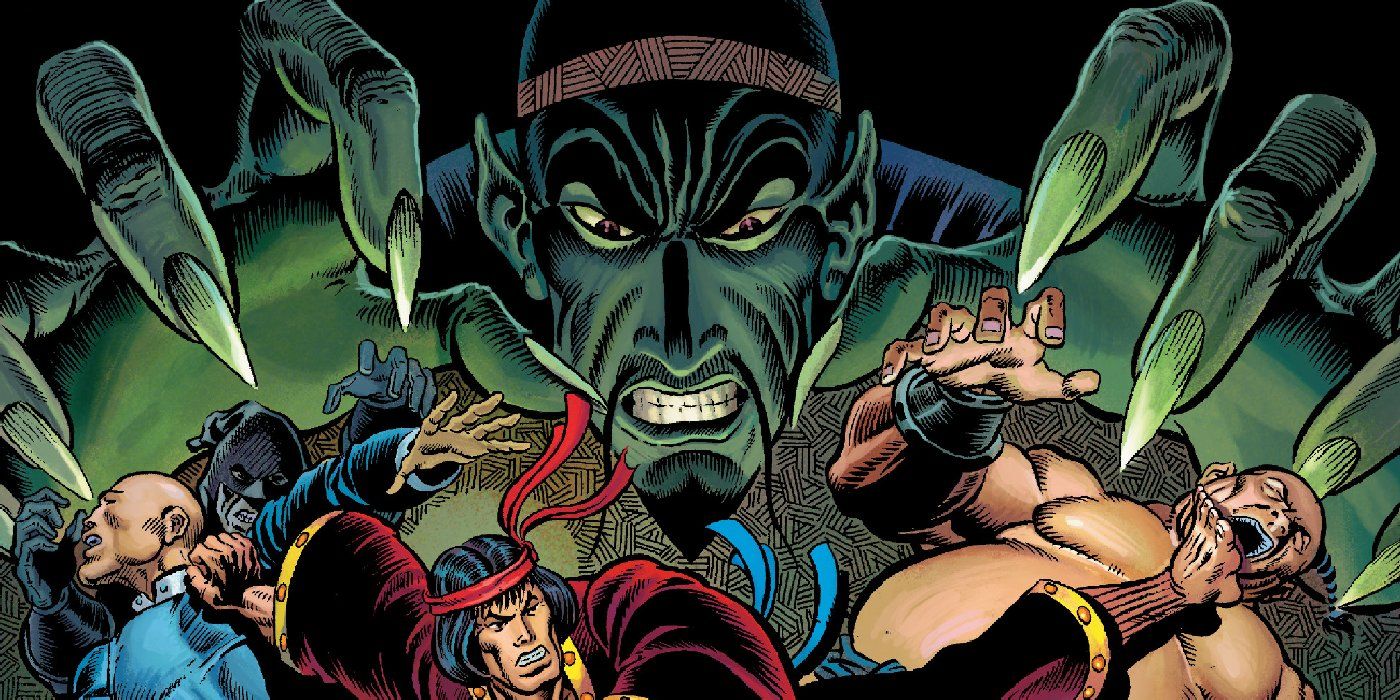
The primary reason Chinese audiences take issue with the character of Shang-Chi stems from his original backstory, which established him as the rebellious son of the criminal mastermind Dr. Fu Manchu. Easily the most infamous of the so-called “yellow peril” villains whose stories presented Asians as inhuman creatures that were predisposed to criminal activity, Dr. Fu Manchu was introduced into Marvel Comics alongside Shang-Chi, after the company acquired the rights to adapt the character from the Sax Rohmer estate. The character has largely disappeared from popular culture in the modern age, except as a reference to how wholly stereotypical the original Fu Manchu novels were.
In recent years, Marvel Comics has done much to redeem Shang-Chi and his problematic past, with a retcon making him the son of the sorcerer Zheng Zhu, and the upcoming movie replacing Shang-Chi’s father due to racism and controversy. Nevertheless, the character has still drawn criticism for being a stereotype, being entirely defined by his mastery of martial arts, which are often presented as the default superpower of Asian characters in general and Chinese characters in particular. The fact that Shang-Chi’s greatest enemy is his father is another cliché trope often applied to Chinese characters in Western literature that is considered distasteful in modern China.
Additionally, the fact that the Mandarin replaces Zheng Zhu in Shang-Chi is considered as problematic as using Fu Manchu, given the character’s equally racist origins and status as a reductive stereotype. It does not help matters that the real Mandarin and Shang-Chi’s father is portrayed by Hong Kong actor Tony Leung or that the actor playing Shang-Chi, Simu Liu, is Canadian. All these factors together give the Chinese government and Chinese movie-goers little reason not to believe that a Shang-Chi movie will present a negative view of Chinese culture, given the story centers around Shang-Chi’s desire to live his own life free of his tradition-minded father, after spending some time living in America.
Marvel’s Response To Shang-Chi’s China Backlash
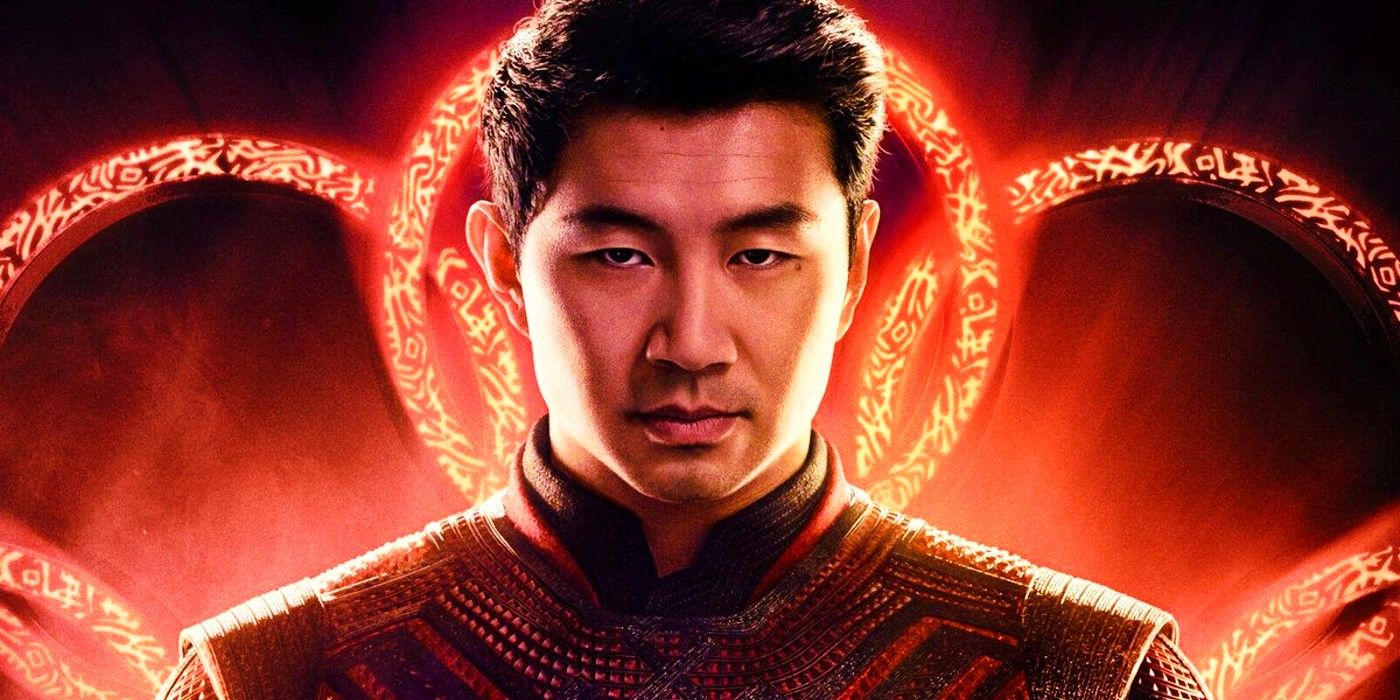
Marvel Studios President Kevin Feige has attempted to address the backlash against Shang-Chi, but his success has been limited. Feige spoke with Chinese film critic Raymond Zhou (via Variety) and once again affirmed that Fu Manchu was not in the film and had not been utilized by Marvel Comics in several decades. Feige also emphasized that while Shang-Chi’s father in the movie is the true Mandarin (aka Wenwu) following the Iron Man 3 Mandarin villain twist, the character will be far more complex than the villain who was originally Iron Man’s archenemy in the comics.
Will Shang-Chi Be Released In China?
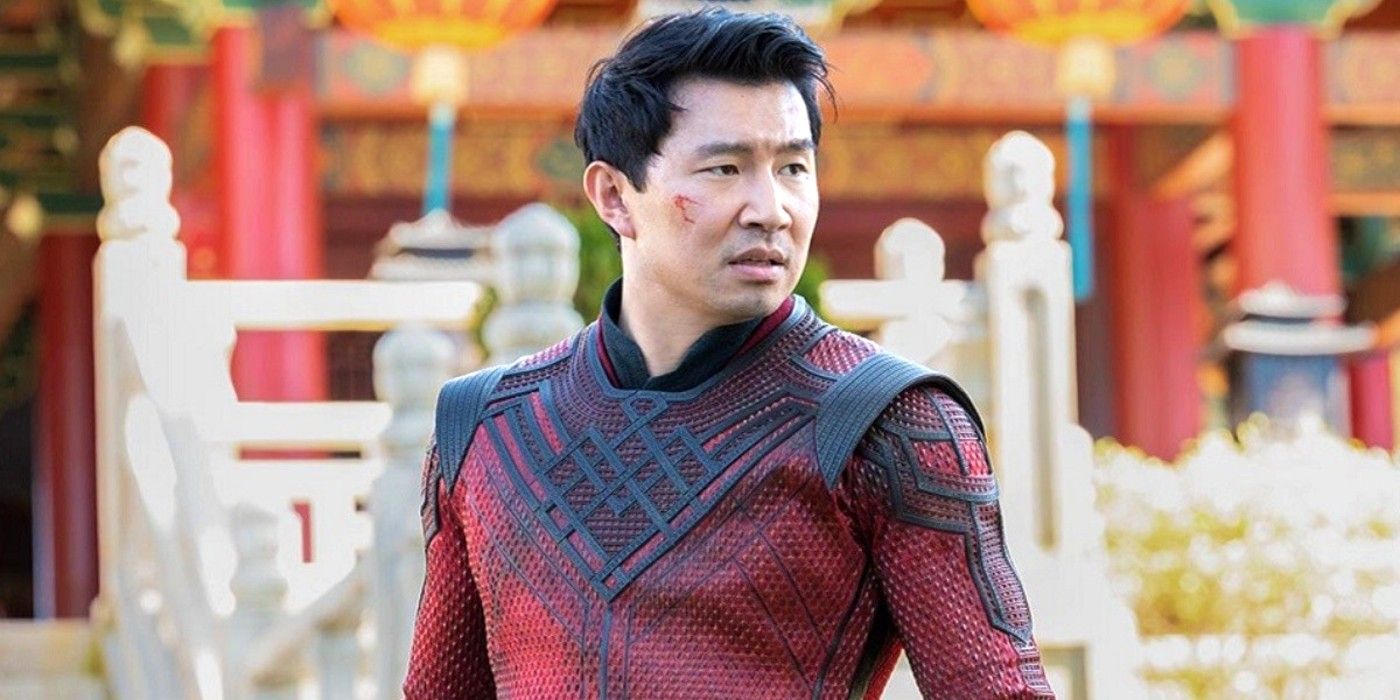
It is unclear just where the Chinese government currently stands on releasing Shang-Chi. The Chinese government is notoriously strict in regards to censorship of foreign films and, given the issues raised regarding Shang-Chi as a character, it would be all but impossible for Marvel Studios to address the country’s concerns by adding or removing additional scenes, as it did with earlier releases. This could be a major problem for Shang-Chi, as China is one of the largest movie theater markets in the world and it will already be facing a difficult theatrical release elsewhere in the wake of surging COVID-19 rates worldwide.
Marvel’s Problems In China Are Bigger Than Just Shang-Chi
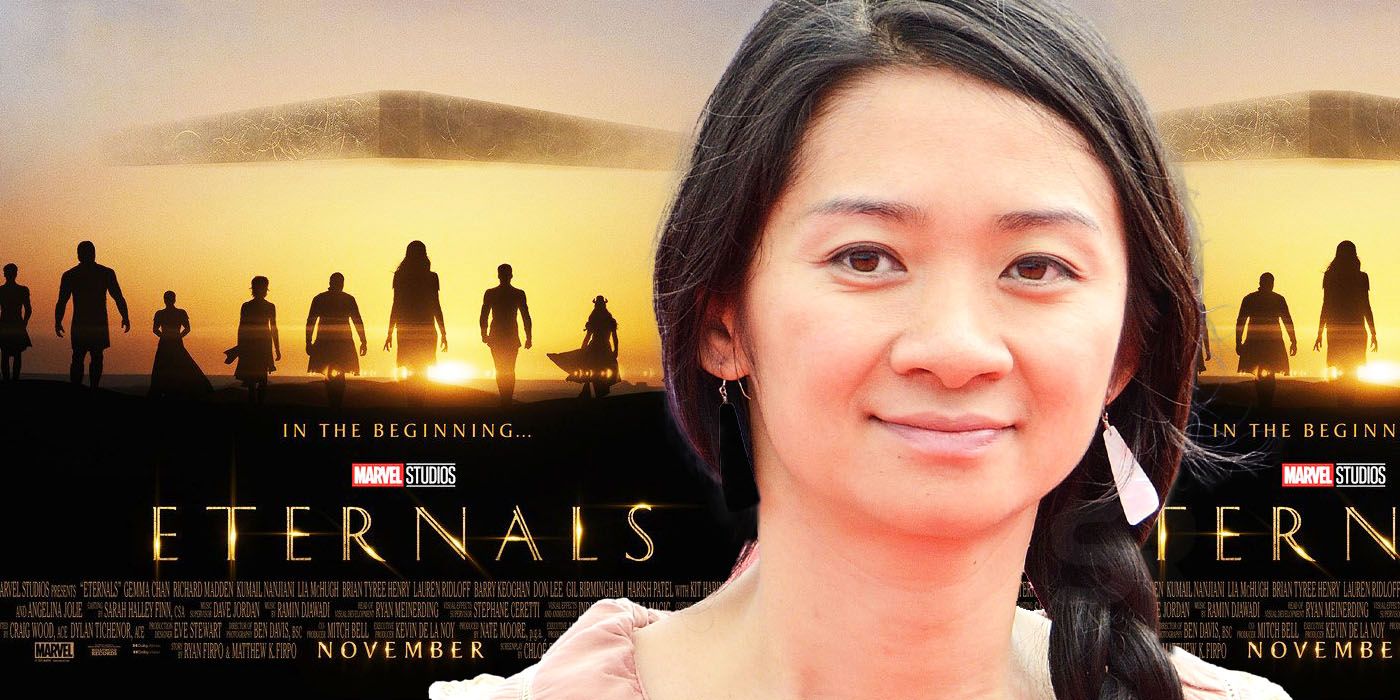
Marvel Studios’ problems in China are not limited to the release of the Shang-Chi movie. The studio is also facing intense scrutiny for its upcoming movie, Eternals, with its reveal-heavy trailer. This is largely due to the film’s director, Chloé Zhao, who was born in China and won the Oscar for Best Director for her film Nomadland.
While Zhao’s success with Nomadland was a source of pride for China early on and her achievements as the first Asian woman filmmaker to win a Golden Globe for Best Director were lauded, many Chinese nationalists called Zhao’s citizenship and loyalty into question. While Zhao was born in Beijing, she was educated in the United Kingdom and the United States, and she considers herself an American, not possessing a Chinese passport. That, coupled with critical comments of the Chinese government in various interviews, has led to her being blacklisted by the Chinese government, and news regarding Zhao’s success with Nomadland at the Oscars has been blocked on Weibo, China’s most popular social media site, and various government-sponsored new sites.
It is unclear if Marvel Studios may have trouble getting any of their films released in China in the future. While there is no obvious reason why Spider-Man: No Way Home might be denied a theatrical release in China, it has not been given a release date yet either and it is due to be released almost immediately after Eternals and Shang-Chi and the Legends of the Ten Rings. It would be a major blow to Marvel Studios if they were to be blacklisted completely by the Chinese government and further shake the troubled studio in the wake of an increasingly volatile market.
Key Release Dates

Shang-Chi and the Legend of the Ten Rings
Release Date:2021-09-03
Eternals
Release Date:2021-11-05
Doctor Strange In the Multiverse of Madness
Release Date:2022-05-06
Thor: Love and Thunder
Release Date:2022-07-08
Black Panther: Wakanda Forever
Release Date:2022-11-11captain marvel 2
Release Date:2023-07-28
Ant-Man and the Wasp: Quantumania
Release Date:2023-02-17
Guardians of the Galaxy Vol. 3
Release Date:2023-05-05
